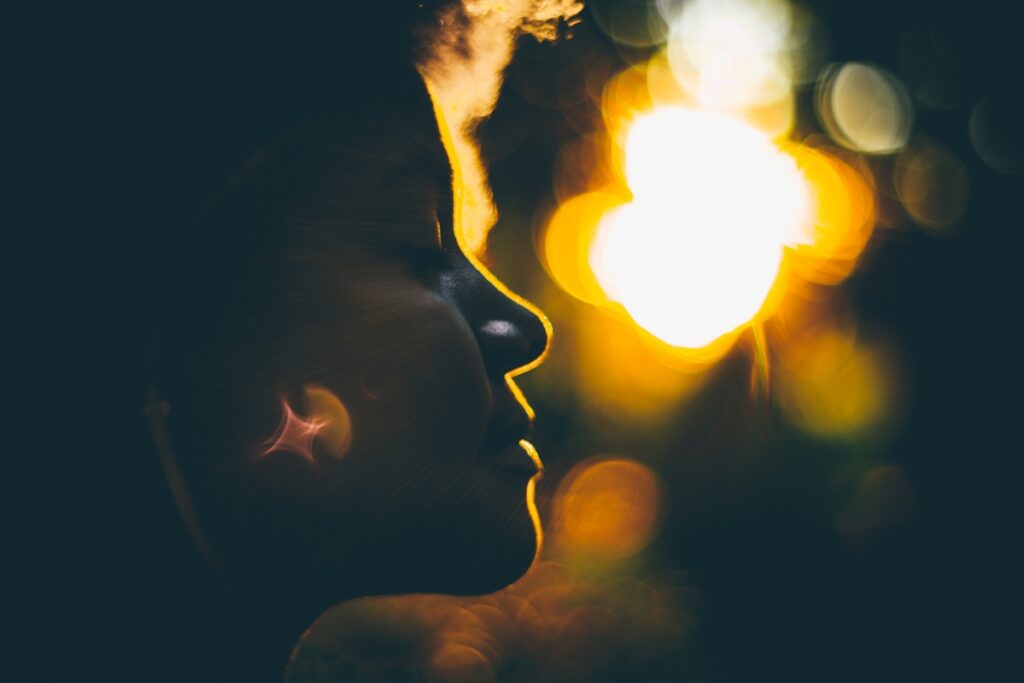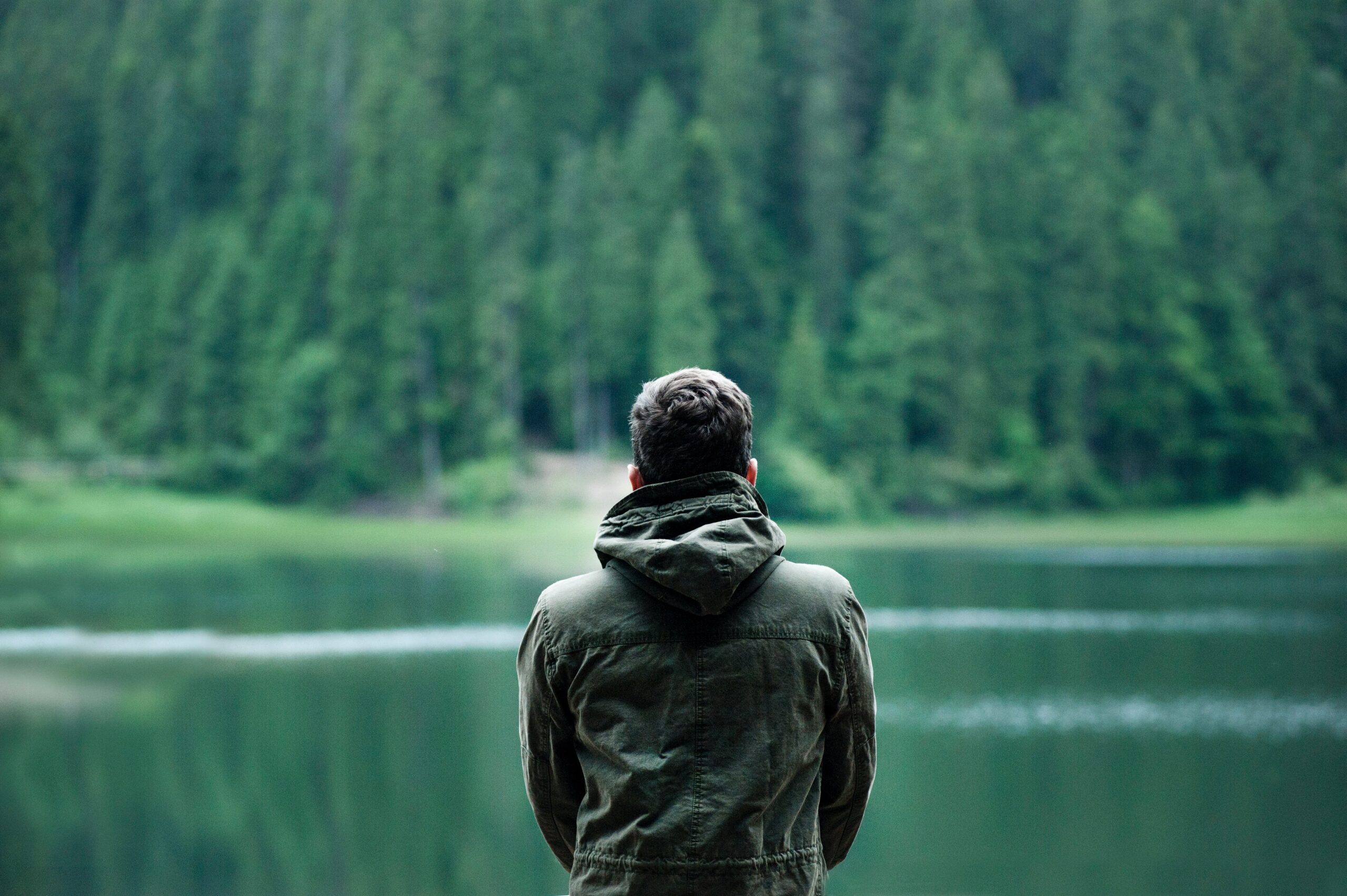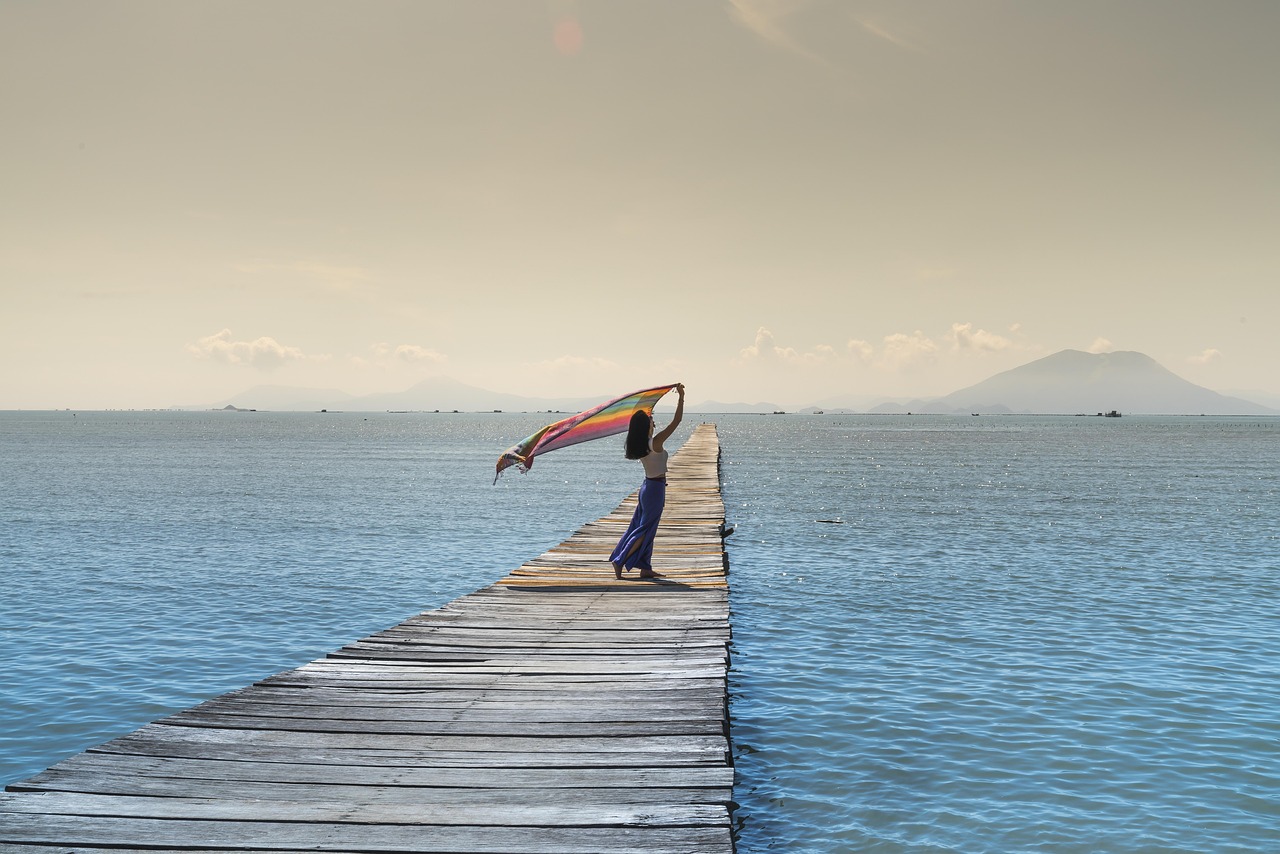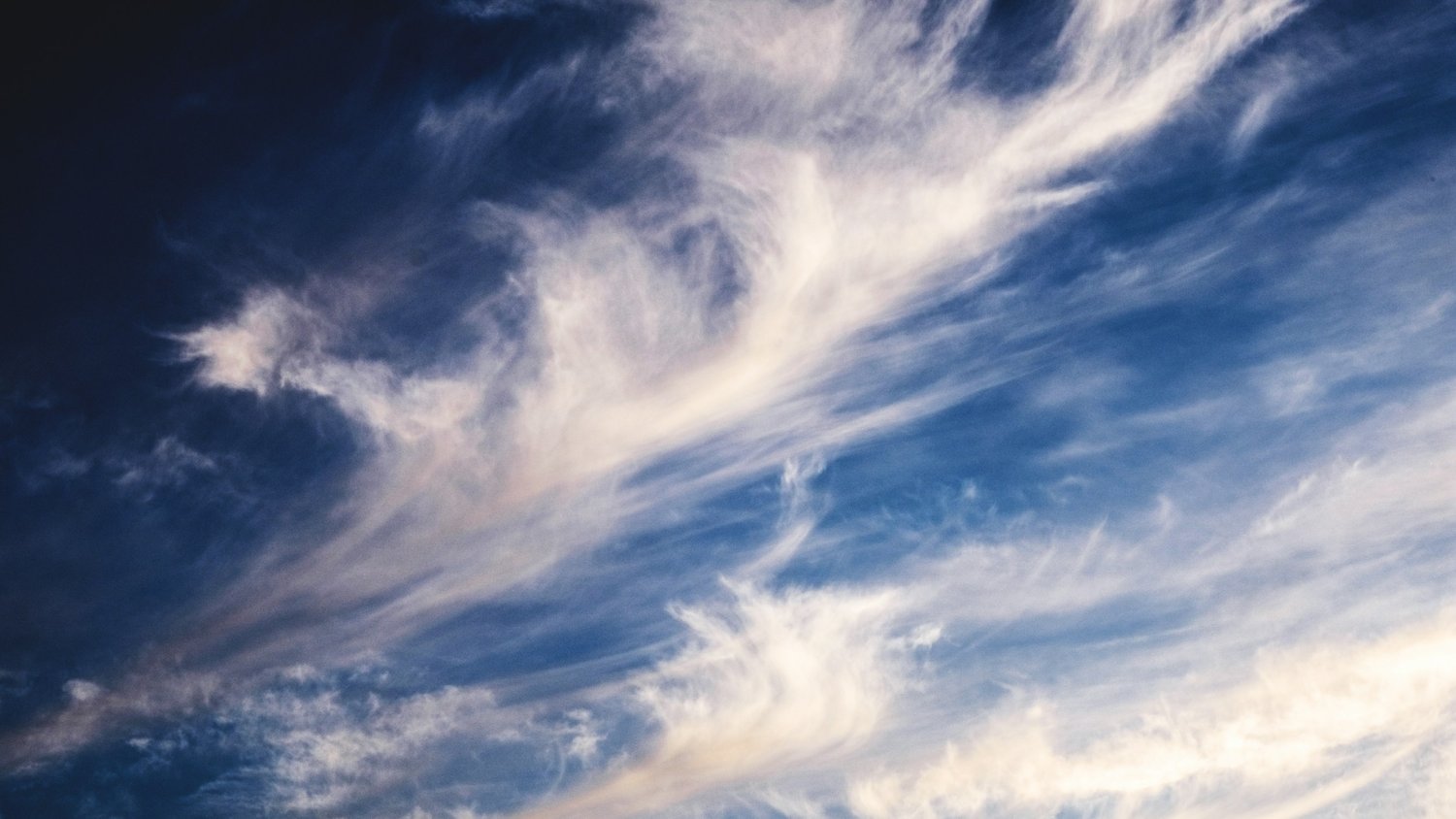Do not light a fire in any of your dwellings on Shabbat.
Exodus 35:3
Rituals are powerful, and in this time I invite us all imagine the visual and emotional power of standing before your candlesticks but not lighting candles! – as you acknowledge that you’re doing this in the face of climate change, and as a symbolic teaching in the face of the fires that are decimating large parts of our planet. And think about the particulate matter you won’t be adding to the air from using paraffin candles or even from using oil, not to mention the harm done to bees if we use beeswax candles.
The traditional words we recite when lighting candles are curious, as they say:
Blessed are You, Eternal our God, Ruler of the universe, who has sanctified us with Your commandments, and commanded us to kindle the Shabbat lights.
There’s no such commandment in the Torah! The blessing may have been a Talmudic era invention to support the practice of Jews who kindled lights before the beginning of Shabbat, in opposition to those Jews who didn’t, like our Karaite kin, who to this day have no fires in their homes during Shabbat, to honor their interpretation of Exodus 35:3.
My new blessing for not burning candles is based on God creating light on the first day, but not creating the sun and stars (and thus fire, I imagine) until fourth day:
Blessed are You, Eternal our God, Ruler of the universe, who has sanctified us with Your commandments, and commanded us to remember the light of creation.
Barukh atah Adonai, Eloheinu Melekh Ha’olam, asher kidshanu b’mitzvotav, vitzivanu lizkor or ha-briut.
These words can be feminized and can be chanted to the melodies you’re familiar with. You may close your eyes as you chant them, and use your hands to draw close to you the light that was the very first thing God created, a mystical light that fills the entire universe, a light which we can’t see with our eyes, but which we can feel with our hearts and take into ourselves and share on Shabbat, as a form of blessing.
I keep big colorful marbles in my Shabbat candlesticks, another one with many different colors swirling through it for Havdallah, place twigs I find in the street in my Hanukkah menorah, and put out a large pine cone on someone’s yahrzeit. I invite you to be creative as we change this ritual to support our climate action work in a symbolic ritual way in this critical time.













One Response
What a thoughtful essay! I will be pondering this for a long while. Our new reality will require this degree of thoughtfulness and care. And responsibility. Thank you for the challenge.